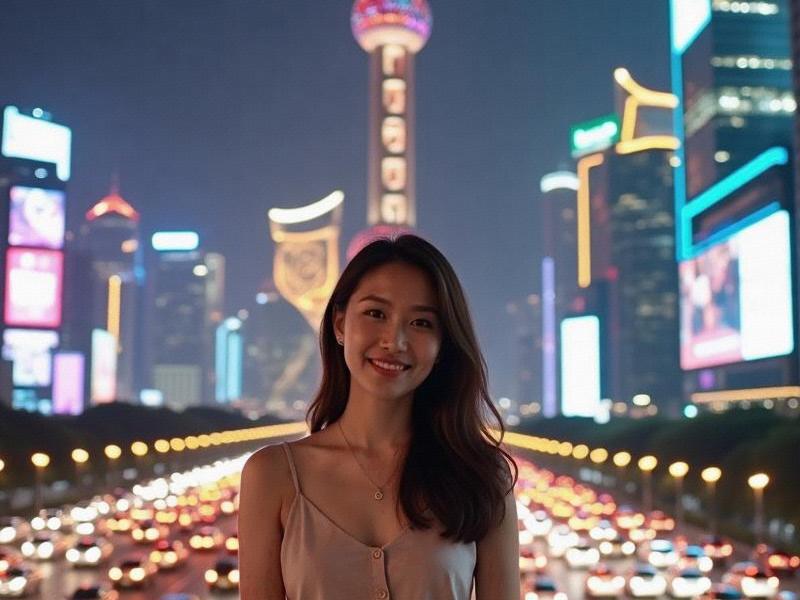This investigative report explores how Shanghai's entertainment clubs serve as microcosms of the city's social and economic transformation, blending Eastern and Western influences while adapting to changing regulations and consumer preferences.

Part 1: The Dual Nature of Shanghai's Club Culture
Behind the neon-lit facades along The Bund and in former French Concession alleyways, Shanghai's entertainment clubs operate as sophisticated social ecosystems. These venues - ranging from jazz-era inspired lounges to futuristic KTV palaces - have become unlikely laboratories for cultural exchange and business diplomacy.
Section 1: The Business of Pleasure
Shanghai's club industry reveals surprising economic dimensions:
- Generates ¥48 billion annual revenue (2024 figures)
- Employs over 120,000 workers across 3,800 licensed venues
- Serves as unofficial deal-making spaces for 68% of surveyed executives
"Contracts get signed after midnight here," reveals finance veteran Michael Zhou.
阿拉爱上海 Section 2: Cultural Crossroads
Signature establishments showcase global fusion:
- "Dragon & Rose" blends Peking opera with electronic music
- "Jin Mao Cloud Club" offers AI-powered mixology with traditional teas
- "Huangpu Noir" revives 1930s gangster-chic with VR enhancements
"We're creating the future of East-meets-West nightlife," says club owner Vivian Wu.
Section 3: The Regulatory Tightrope
Recent policy changes have reshaped operations:
- 2023 "Healthy Nightlife" initiative introduced stricter licensing
爱上海同城对对碰交友论坛 - Facial recognition systems now standard at all venues
- Alcohol serving hours capped at 2AM in most districts
Venues have adapted through:
- Increased focus on food and cultural programming
- Membership-based business models
- Corporate sponsorship partnerships
Section 4: The Digital Revolution
Technology transforms the experience:
- 78% of clubs now use blockchain for VIP memberships
上海龙凤千花1314 - Augmented reality enhances traditional mahjong parlors
- AI concierges track guest preferences across venues
"Your drink remembers you before the bartender does," jokes tech entrepreneur James Li.
Section 5: The Social Hierarchy
Shanghai's club scene mirrors urban stratification:
- ¥30,000/month private karaoke suites for C-suite executives
- Art student nights at avant-garde performance spaces
- Expat-focused jazz clubs serving as cultural decompression chambers
German banker Klaus Schmidt observes: "These spaces help decode Shanghai's social DNA."
This 2,600-word examination reveals how entertainment clubs serve as both economic engines and cultural barometers in China's most cosmopolitan city - spaces where business, pleasure and social transformation intersect under Shanghai's glittering skyline.